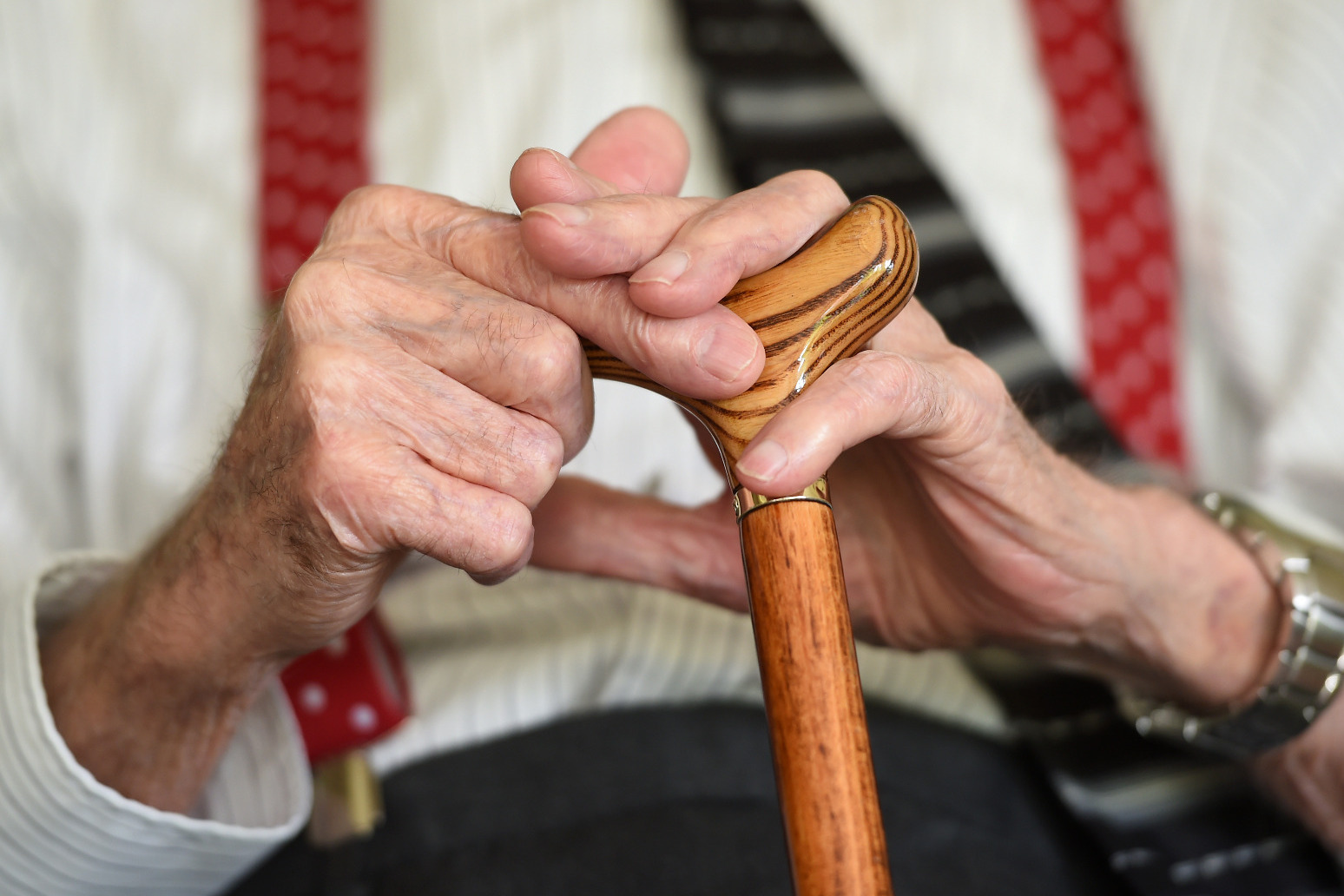
That’s according to the group, Hospice UK
UK hospices are in crisis and their financial stability is at a critical point, leaders have warned.
Hospice UK, which represents more than 200 hospices across the UK, said the sector’s finances are in their worst state for 20 years.
At least a fifth of hospices have cut their services in the last year or are planning to do so, according to the national charity.
This means inpatient beds are being cut, staff are being made redundant and community services are being restricted, with fewer visits to dying patients in their own homes.
Pressure on hospices has been growing, according to Hospice UK, which says “modest” state funding has not kept pace with increasing running costs.
It is now urging the public to write to their local MP calling for increased Government support.
Toby Porter, chief executive of Hospice UK, said: “Too many hospices are in crisis. The small and wildly variable amount of state funding they receive has failed to keep pace with rising costs.
“Many hospices are therefore running deficits which can only mean one thing – more cuts to essential care services, or even service closures.
“We’re already seeing redundancies at some major hospices, usually those serving communities in more deprived parts of the UK, where charitable fundraising is harder. At Hospice UK, we fear more will follow.”
Mr Porter said “the timing couldn’t be worse”, with demand for end-of-life care increasing.
He added: “When hospices cut services, patients are pushed back into the NHS, ultimately costing the taxpayer more.
“We know that our health and social care services in the UK are under immense strain, yet thousands of hospice staff are desperate to help, if only hospices could be properly funded.”
Deborah Paris, executive chair of Rowans Hospice in South East Hampshire said the gap between its costs and income has risen significantly, which is “not a sustainable position”.
She added: “We have met with NHS commissioners to negotiate urgent, additional funding, and used the opportunity to re-emphasise the significant contribution that the hospice provides and the work that will fall to the NHS if we must reduce our capacity.
“Unfortunately, as further funding has not been forthcoming, and following a range of earlier efficiencies across the organisation, we have had to reduce the level of our provision and make some staff redundant.
“These are heartbreaking decisions to have made, but we have no other choice but to take these steps.
“Like many other hospices across the country who are facing financial challenges, we are simply asking for a fairer and more equitable funding system to stop the postcode lottery that exists for end-of-life care.
“Surely everyone has the right to receive compassionate care at the end of their lives.”
Jeremy Lune, chief executive of Prospect Hospice in Swindon, said: “At Prospect Hospice, we’ve had to reduce the number of beds in our inpatient unit to six, despite having room for 12.
“This decision isn’t enough, as we still face a £1 million deficit. The need for our palliative and end-of-life care is growing, while funding is dwindling, creating an unsustainable situation.”
Simon Fuller, chief executive of Birmingham Hospice, said: “The prospect of having to make highly skilled specialist clinicians and support staff redundant is totally unpalatable.
“There is a growing need for palliative and end-of-life care and the NHS is unable to meet the huge demands on its beds.
“Most people do not want to die in hospital. Hospices provide outstanding services that support people to die in a place of their choosing.”
Emma May Ward, clinical nurse specialist for Marie Curie in the West Midlands, said: “Every day my team and I see the devastating impacts of overloaded and underfunded end-of-life care services in hospices and delivered in people’s homes.
“Increasingly, we are finding families at crisis point, distressed and not knowing where to turn, often forced to call 999 or go to A&E when they don’t need or want to.
“Too many people are falling through the cracks, and too many people are dying in avoidable pain.”
A Department of Health and Social Care spokesman said: “We want a society where every person, their families, and carers, receive high quality, compassionate care, from diagnosis through to end of life.
“The Government is going to shift the focus of healthcare out of the hospital and into the community. We recognise that the care system, including hospices, will play a vital role in doing this.
“We are going to grip the social care crisis, starting with the workforce by delivering a new deal for care workers.
“We will also take steps to create a National Care Service underpinned by national standards, delivering consistency of care across the country.”
Claire Sutton, from the Royal College of Nursing, said hospices were crucial, adding: “The Government has a duty to ensure everyone has access to timely, high-quality hospice care and must provide the necessary investment.”
Published: by Radio NewsHub










